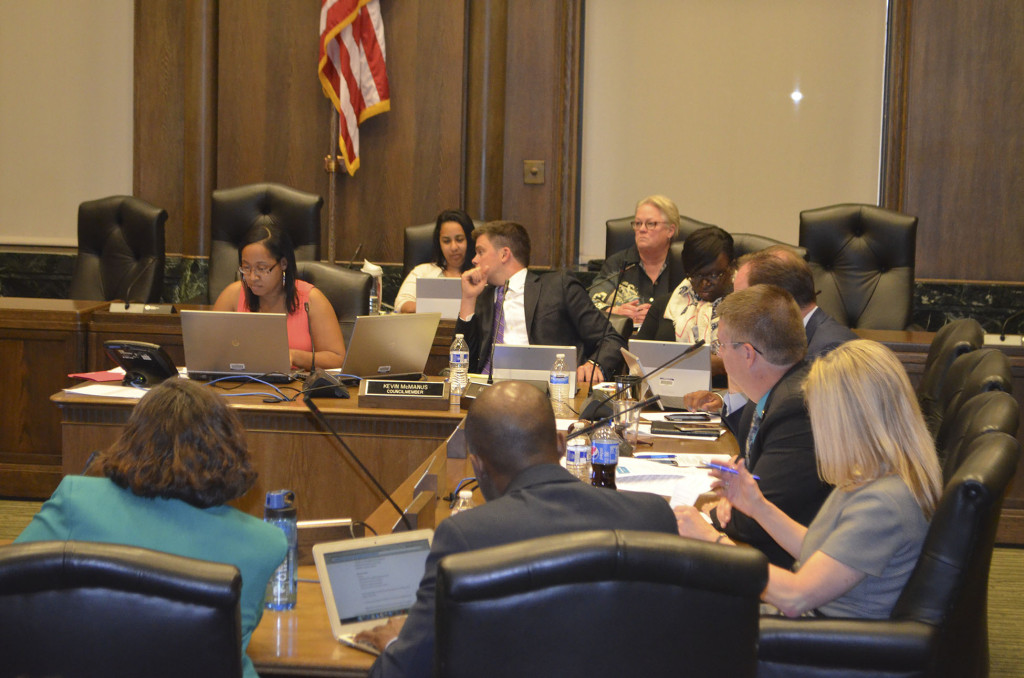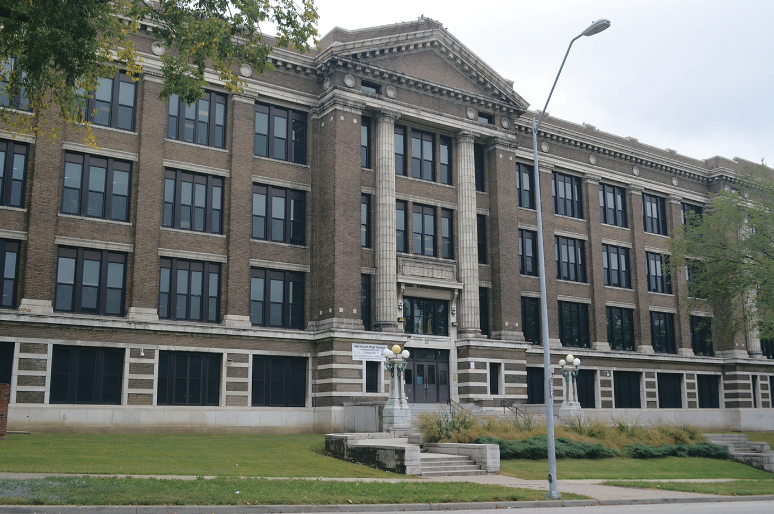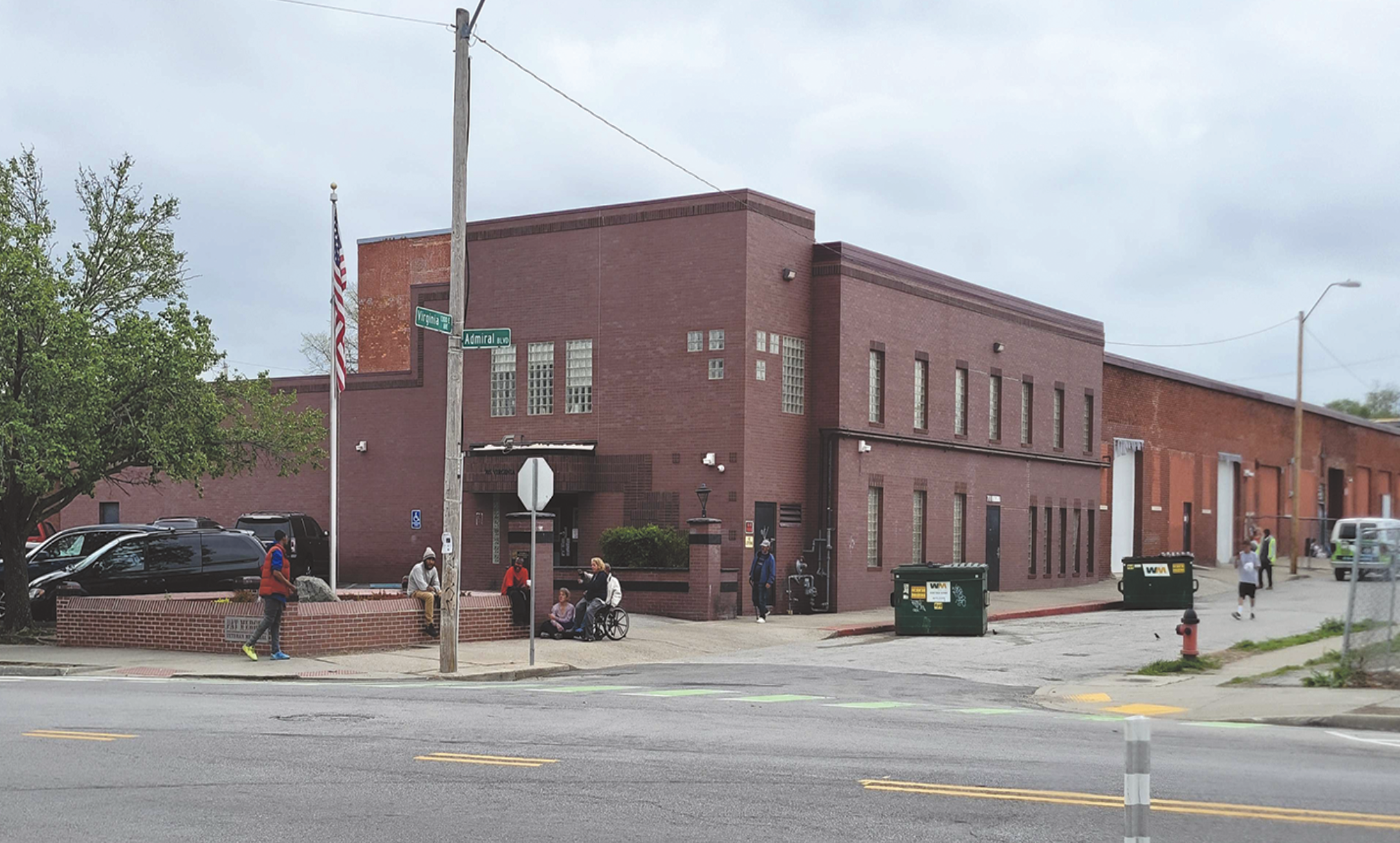By Paul Thompson
Northeast News
June 14, 2016
KANSAS CITY, Missouri – After more than four hours of presentations, public testimony, and debate, the KC Council’s joint Planning, Zoning, and Economic Development and Finance committee remained deadlocked on Wednesday, June 8 on the issue of whether or not to advance a $27 million redevelopment proposal for the 18th and Vine District.
Ordinance No. 160431 is a three-year, multi-phased proposal that would appropriate $11.9 million in funds from the 2017 fiscal year budget, with phases two and three being funded in fiscal years 2018 and 2019, respectively. Twelve projects in total are included in the public-private redevelopment proposal, including upgrades to the American Jazz Museum, Boone Theater, and Buck O’Neil Education and Research Center, among other focuses.
Bond-funded expenses for Phase 1 would include but are not limited to $49,817 for planning and design work on a proposed $7 million, privately-funded outdoor amphitheater; $4.2 million for renovations to the Buck O’Neil Education and Research Center; $1.18 million for design and construction of a lighted and landscaped parking lot at 18th and Lydia; $1.23 million for stabilization work on the Boone Theater; and $1.69 million for streetscape improvements along 18th Street from Campbell Street to the Attucks School.
As part of the plan, the city would take control of properties from the Jazz District Redevelopment Corporation (JDRC) for a bond-funded cost of $471,000. The city would also be transferred ownership of the Buck O’Neil Education and Research Center from the Negro Leagues Museum, as well as the parking lot at 18th and Lydia that currently owned by the Kansas City Area Transportation Authority (KCATA). Additionally, the city would agree to hire an experienced property management firm to help manage the re-development process.
Former Kansas City Mayor and Councilman, and Missouri’s current 5th District U.S. Congressman Emanuel Cleaver II wrote a letter of support for the 18th and Vine redevelopment plan, which was read during the committee meeting by one of his staffers, Geoff Jolley.
“In 1989 this very body, on which I served at the time, authorized $22 million for renovation of some of the historic structures along 18th and Vine such as the Gem Theater (built in 1912), as well as the creation of the American Jazz Museum and the Negro Leagues Baseball Museum,” wrote Cleaver. “The area has continued to expand its residential options, with nearly 300 residential units being built since 2000. However, the commercial development in the area has not grown in accordance, which is why this ordinance is so needed.”
3rd District Councilman Jermaine Reed co-sponsored the redevelopment plan, and presented the proposal to the committee. City Manager Troy Schulte provided further testimony on behalf of the $27 million plan, arguing that the time is right to re-invest in the 18th and Vine District. A long list of area community members also provided public comment in favor of the ordinance.
Anita Dixon of the Mutual Musicians Foundation provided public testimony in favor of the legislation, but she added that her organization is already being proactive about targeting outside funding and isn’t going to wait around for the city to act on the ordinance.
“We’re not waiting for you to decide. We’ve already decided what we want to go down at 18th and Vine,” said Dixon. “$27 million is a literal drop in the bucket. We’ve spent years just watching things go by and go by.”
Committee members like 6th District Councilman Kevin McManus expressed general support for a capital infusion for 18th and Vine, but asked for more time to consider committee substitutes that weren’t available until the day of the meeting. For instance, a friendly amendment to institute a Community Improvement District (CID) at 18th and Vine was proposed during the meeting.
“I would second the desire to take some additional time. I do want to say that I support the concept of a phased approach,” said McManus of the ordinance. “I think the goal of historic preservation is a right and good use of public funds.”
“We’ve also gotten a committee sub today that, frankly, I hadn’t seen before,” he added. “Before I want to commit to $27 million, I just want to make sure I know what we’re committing to.”
4th District Councilwoman Katheryn Shields had a strong reaction to public comment from residents of the Parade Park apartment complex, who claimed that they didn’t get enough input about the 18th and Vine ordinance. Shields noted that the complex is about to undergo a multi-million renovation that is expected to shift many of the units from affordable housing to market-rate housing.
“We’re putting this money in to make 18th and Vine better, and I think that’s a good thing to do,” said Councilwoman Shields. “But I don’t think we should do it at the expense of the minority families who live there now.”
3rd District Councilman Quinton Lucas countered Shields with a passionate case for advancing the ordinance, which he sponsored alongside fellow 3rd District Councilman Reed. Lucas contended that the complicated issues surrounding Parade Park shouldn’t hold up the entire redevelopment plan for the district.
“I have office hours where a number of people, some of whom were here today and some of whom live in Parade Park, have discussed with me this very issue. We’ve had lengthy discussions on that,” said Lucas. “I’ll be honest with you, there is no way within the next three weeks we will have resolved what is the legal status of the future of Parade Park.”
Despite the spirited dialogue, a vote to pass the ordinance will have to wait for another day. A motion by 1st District Councilwoman Heather Hall to hold the ordinance for three weeks was voted down 5-3. Then, a motion from 6th District Councilman McManus to advance without a recommendation failed to receive a second. Finally, a motion from 3rd District Councilman Lucas to advance and do pass the ordinance failed by a vote of 4-4.
Seeing little other recourse, committee Vice Chair Scott Wagner ended the meeting without a decision – which resulted in the ordinance being held until the committee can reconvene at a later date.



















